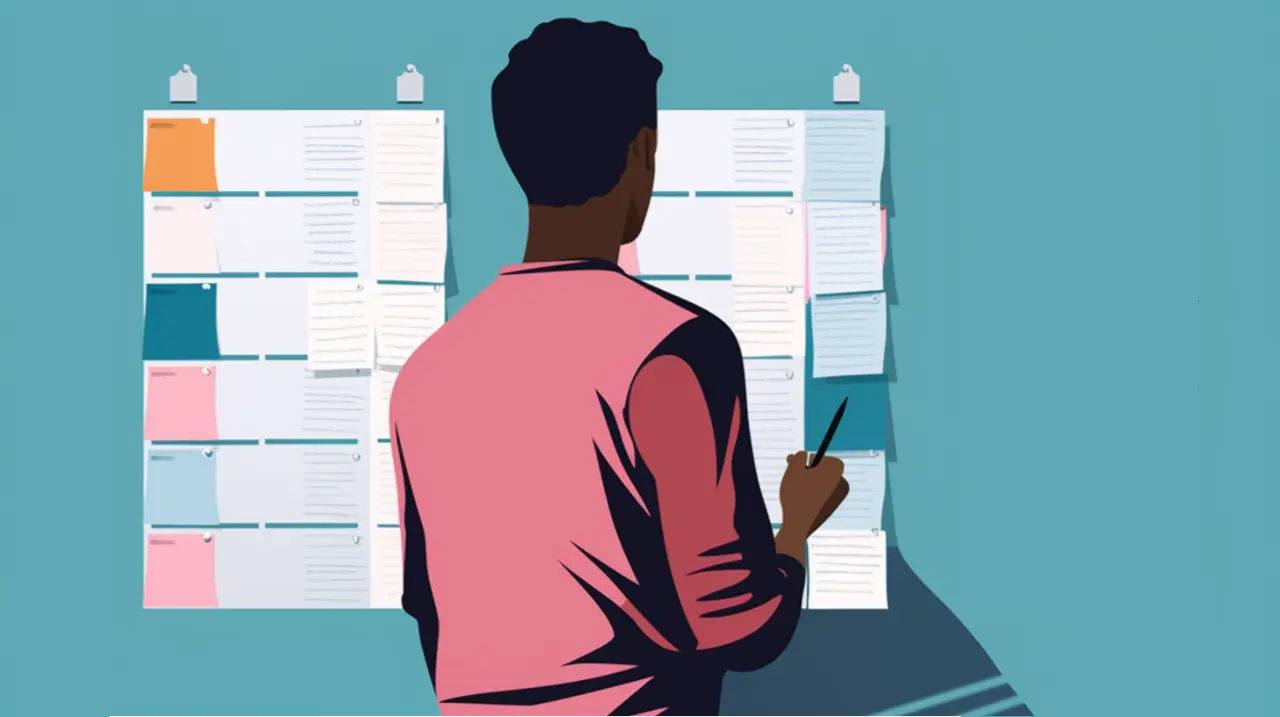
How Logic Helps Us Make Decisions
D
ecision making is an essential part of life. We make decisions every day, big and small, about everything from what to eat for breakfast to what career to pursue. While some decisions are relatively easy, others can be more challenging. When we face difficult decisions, it can be helpful to use logic to help us make the best possible choice.
Logic is the process of using reason to draw conclusions. It involves gathering information, identifying relevant facts, and then using those facts to reach a logical conclusion. When we use logic to make decisions, we are more likely to choose the option that is most likely to lead to the desired outcome.
Logic is the process of using reason to draw conclusions.
There are many different ways to use logic in decision making. One common approach is to use deductive reasoning. Deductive reasoning involves starting with a general premise and then using that premise to reach a specific conclusion. For example, if we start with the premise that all dogs are mammals, we can deduce that my dog, Sparky, is a mammal.
Another common approach to decision making is to use inductive reasoning. Inductive reasoning involves starting with specific observations and then using those observations to reach a general conclusion. For example, if we observe that all the dogs we have met have been friendly, we can induce that most dogs are friendly.
No matter which approach we use, logic can help us make better decisions. By using logic, we can avoid making decisions based on emotion or impulse. We can also avoid making decisions that are based on faulty reasoning or assumptions.
Here are some examples of how logic can help us make decisions:

Choosing a college
- Identify the factors that are important to you in a college. This could include factors such as cost, location, academic reputation, and extracurricular activities.
- Gather information about different colleges. This could include information such as tuition, location, academic programs, and student life.
- Weigh the pros and cons of each college. Consider the factors that are important to you and make a list of the pros and cons of each college.
- Make a decision. Based on your analysis, choose the college that is the best fit for you.
Here’s an example of how you would apply deductive or inductive reasoning to decide which is the best college for you:
- Deductive reasoning: If I want to go to a college that is affordable, has a good academic reputation, and is located in a city, then I should consider [College A].
- Inductive reasoning: Based on my research, I have found that [College A] is the most affordable college with a good academic reputation that is located in a city. Therefore, I should consider attending [College A].
No matter which approach we use, logic can help us make better decisions.

GET BETTER AT MAKING GOOD ARGUMENTS!
Do you want to be able to tear apart a bad argument? Enter your information to get our FREE exercises so you can practice how to break a deductive argument into its components!
Pursuing a career
- Identify your interests, skills, and values. What are you passionate about? What are you good at? What is important to you in a career?
- Research different careers. There are many resources available to help you research different careers. You can talk to career counselors, read books and articles, and visit websites.
- Identify careers that are a good match for you. Consider your interests, skills, and values when identifying careers that are a good match for you.
- Take steps to pursue your chosen career. This could include getting the necessary education and training, networking with people in your chosen field, and applying for jobs.
Here’s an example of how you would apply deductive or inductive reasoning to decide which career to pursue:
- Deductive reasoning: If I am passionate about writing, good at public speaking, and value creativity, then I should consider a career in journalism.
- Inductive reasoning: Based on my research, I have found that I am passionate about writing, good at public speaking, and value creativity. Therefore, I should consider a career in journalism.
Making a purchase
- Identify your needs and wants. What do you need the product for? What features are important to you?
- Research different products. Compare different products based on price, quality, features, and reviews.
- Make a decision. Based on your research, choose the product that is the best value for you.
Here’s an example of how you would apply deductive or inductive reasoning to decide which product to purchase:
- Deductive reasoning: If I need a new laptop for school, have a budget of $1,000, and want a laptop that is lightweight and has a long battery life, then I should buy [Laptop A].
- Inductive reasoning: Based on my research, I have found that [Laptop A] is the lightest laptop with a long battery life that is available for under $1,000. Therefore, I should buy [Laptop A].
When we use logic to make decisions, we are more likely to choose the option that is most likely to lead to the desired outcome.
Logic can help us make better decisions in all areas of our lives. By using logic, we can avoid making decisions that we will regret later. We can also avoid making decisions that are based on emotion or impulse. By using logic, we can make decisions that are grounded in reason and evidence.
In addition to the examples listed above, there are many other ways that logic can help us make decisions. For example, logic can help us:
- Solve problems. When we are faced with a problem, logic can help us identify the cause of the problem and develop a solution.
- Make plans. When we are planning for the future, logic can help us identify our goals and develop a plan to achieve those goals.
- Make arguments. When we are trying to persuade someone to agree with us, logic can help us construct a strong argument.
Logic is a powerful tool that can help us make better decisions in all areas of our lives. By learning to use logic, we can improve our decision-making skills and make choices that are more likely to lead to success.

Share your thoughts with the Thought Academy community in the Comments section below.

GET BETTER AT MAKING GOOD ARGUMENTS!
Do you want to be able to tear apart a bad argument? Enter your information to get our FREE exercises so you can practice how to break a deductive argument into its components!







So right now life has changed. Now the best thing to do is to start off, lets